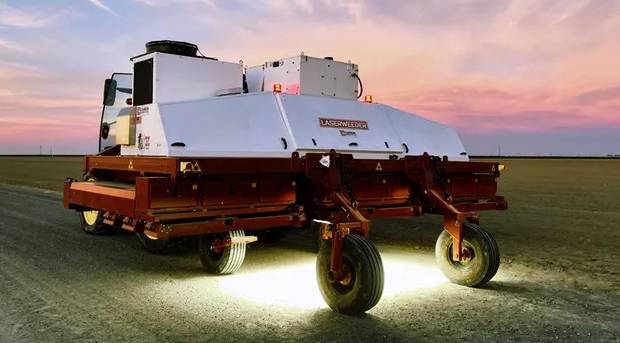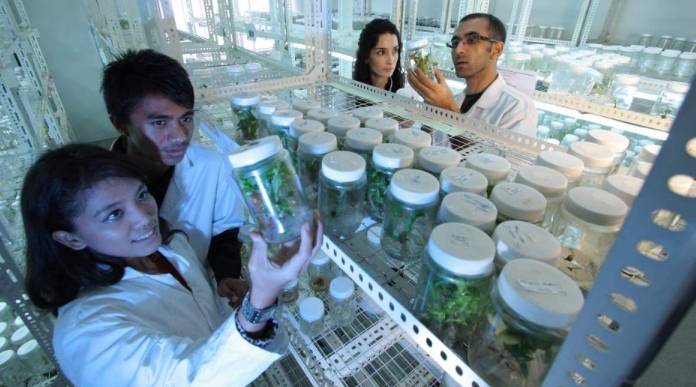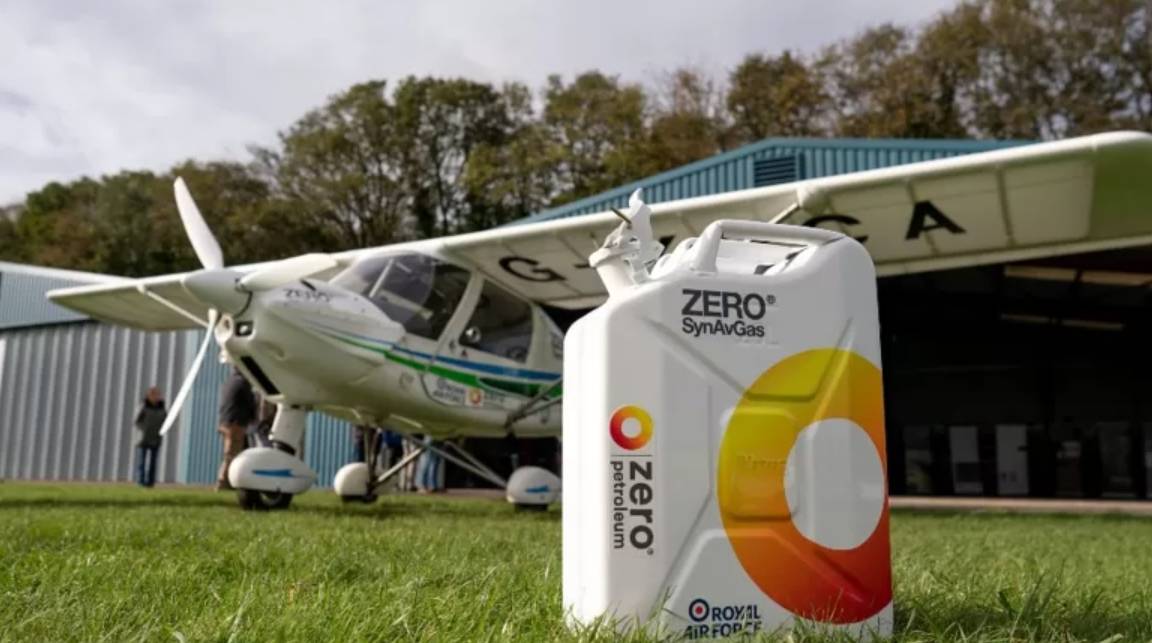
In November 2021, a plane took off from a small airport in the south of England and made history.
His short journey, commanded by a British Royal Air Force pilot, set a new Guinness record: it was the first flight in the world made solely on synthetic fuel.
The fuel was from the British company Zero Petroleum, one of the many companies betting on the development of synthetic fuels, also known as eFuels.
The initiatives of these companies are found in different parts of the world, from Bilbao, Spain, to the Nevada desert in the US and the south of Chile.
Interest in synthetic fuels is growing at a time when looking for alternatives to traditional fuels is more urgent than ever.
In order for the planet not to exceed 1.5 °C of warming compared to the pre-industrial era, it is necessary that the emissions of CO2 or carbon dioxide released by the burning of fossil fuels be reduced by 45% by the year 2030, according to the United Nations Intergovernmental Panel on Climate Change, IPCC.
UN Secretary-General Antonio Guterres has warned in repeated messages this year that “we are on the fast track to a climate disaster.”
But Guterres also noted that the transition to renewable energy “will offer hope to millions of people” affected by climate change.
Can synthetic fuels be part of that solution?
At BBC Mundo we explore what synthetic fuels are, how green they really are and to what extent they are a viable response to global warming.
What are synthetic fuels?
Chemically, synthetic and fossil fuels are the same.
Both types of fuels are hydrocarbons.
“A hydrocarbon is a molecule that is made up of hydrogen and carbon,” Carlos Calvo Ambel, an expert in transport and energy at the Brussels-based NGO “Transport and Environment,” told BBC Mundo.
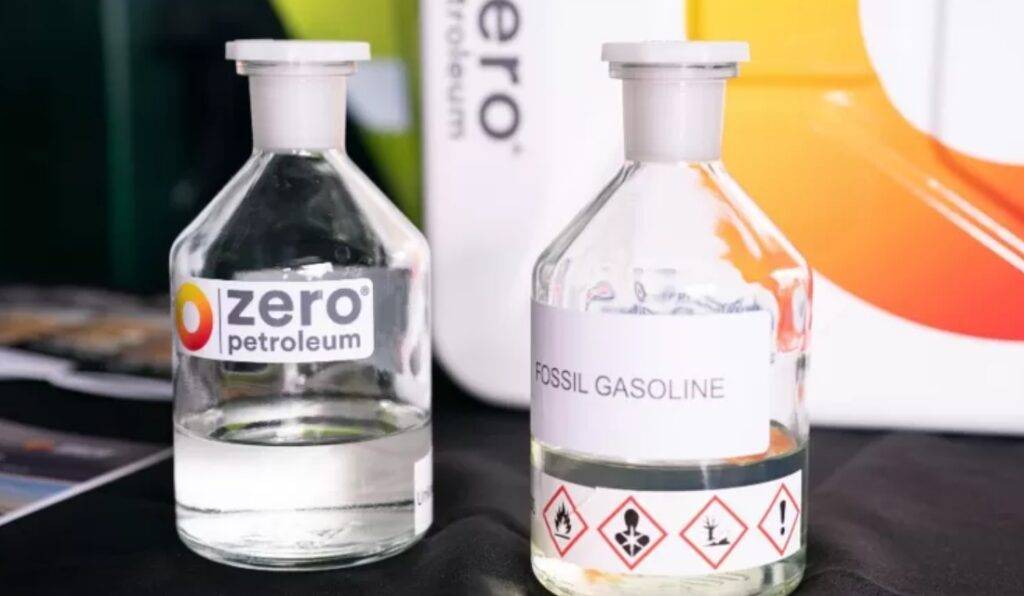
“Normally what is done is extracting oil from the ground, refining it and generating different products such as gasoline, diesel, kerosene.”
In the case of synthetic fuel, on the other hand, the necessary hydrogen and carbon come from other sources.
Hydrogen is obtained, for example, by separating its components, hydrogen and oxygen, in a water molecule through a process that uses electricity and is called water electrolysis.
“You break that water molecule into hydrogen and oxygen and you keep the hydrogen,” said Calvo Ambel.
On the other hand, carbon is required, which can be obtained from different sources.
“You can get it from a factory chimney that’s spewing CO2 or you can capture it directly from the air,” he added.
“And you break that CO2 back into carbon and oxygen and you’re left with the carbon.”
Subsequently, in another additional industrial process it is possible to join hydrogen and carbon by synthesizing a hydrocarbon chain.
“Then artificially, you generate a molecule that is exactly the same as traditional diesel, gasoline or kerosene.”
How green are synthetic fuels?
For synthetic fuels to be sustainable, “the key is that the entire process is done with renewable electricity,” says Calvo Ambel.
“If renewable electricity is not used there, the process is not clean.”
As in the case of traditional fuels, when synthetic fuels are burned they release CO2 into the atmosphere, one of the main greenhouse gases that causes climate change.
For this reason, in order to really be able to talk about a sustainable process, the carbon must come from CO2 captured from the air, points out Calvo Ambel.
“If you have captured CO2 from the air, as you capture it from the atmosphere and when you burn the synthetic fuel you put it back into the atmosphere, the value is neutral, there is no additional pollution.”
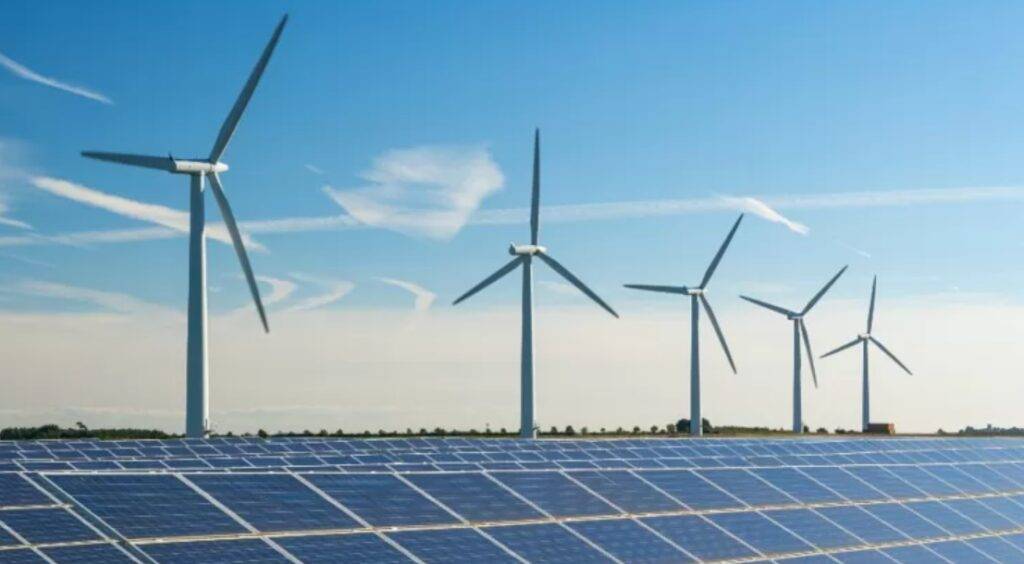
In the case of the plane that set a Guinness record, the fuel was produced using entirely renewable energy, Nilay Shah, professor of engineering at Imperial College in London and one of the founders of Zero Petroleum, told BBC Mundo.
How widespread is your current production?
The amount of synthetic fuels currently produced “is tiny,” according to Calvo Ambel, but this process could be accelerated.
In addition to Zero Petroleum, the list of companies working on the development of synthetic fuels includes, for example, Fulcrum BioEnergy, an American company that is building a refinery in the state of Nevada.
In this case, the carbon will not come from the capture of CO2 from the air, but from the methane produced by the decomposition of municipal waste.
In Chile is HIF Global (Highly Innovative Fuels or Highly Innovative Fuels), a company of Chilean origin with projects in Chile, the United States and Australia. HIF began in 2021 to build a demonstration plant called Haru Oni about 15 km north of Cabo Negro, in the Magallanes y la Antártica region.
“Haru Oni is HIF’s demonstration plant that will produce carbon neutral fuels (eFuels) thanks to the strong winds of Patagonia and state-of-the-art technology. The plant is currently 70% complete and production of eFuels is expected to start by the end of this year,” HIF Global told BBC Mundo.
Hydrogen will be obtained by electrolysis of water and CO2 by air capture, added the company. The goal is to synthesize methanol and from it obtain “a gasoline that can be used in current vehicles without any modification.”
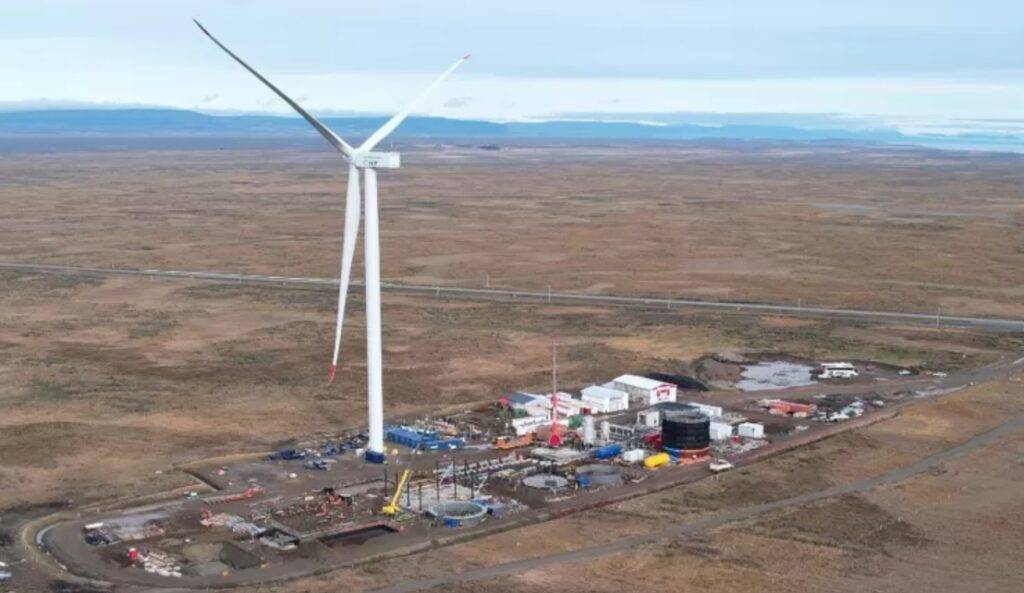
On the other hand, Repsol, the energy and petrochemical multinational based in Spain, “in May of this year began to build one of the largest synthetic fuel plants in the world in the port of Bilbao,” Repsol told the BBC in writing. World.
“It will have a 10 MW electrolyser with which it will produce 2,100 tons of fuel per year, mainly for planes, ships and trucks. Repsol’s plan is to inaugurate this synthetic fuel plant in 2024.”
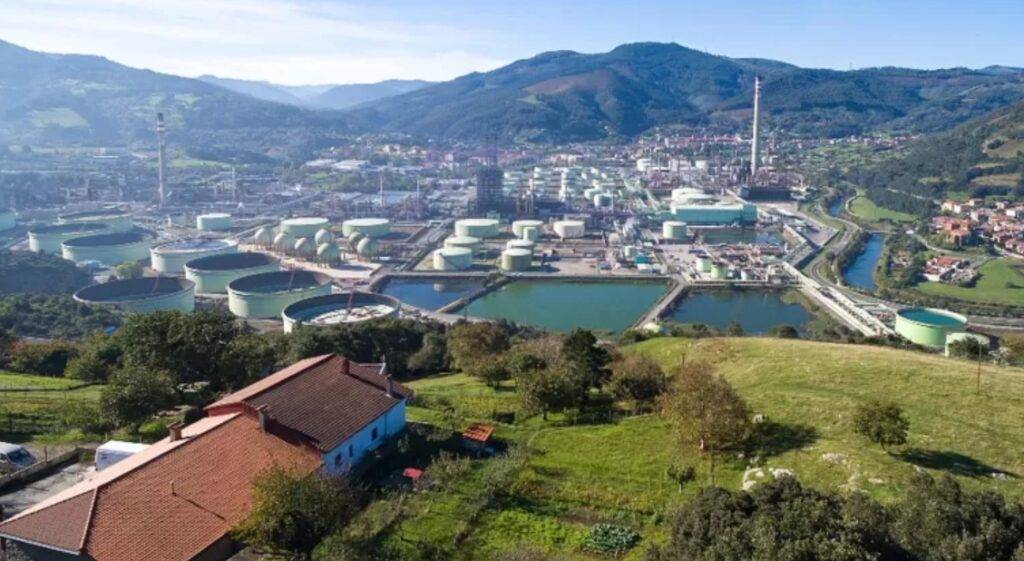
Are synthetic fuels a viable solution for cars?
James Dyke, a climate change expert at the University of Exeter in England, believes that synthetic fuels are not justified in the case of automobiles.
“We are currently seeing exponential growth in electric cars and a strong increase in all associated recharging infrastructure. There is also a potential role for hydrogen as a fuel in road transport,” Dyke told BBC Mundo.
For Calvo Ambel, developing synthetic fuels for cars “doesn’t make any sense”.
“That amount of electricity can be used to move an electric car directly and there are no losses anywhere.”
“Or you can use that electricity to capture the CO2, produce the hydrogen, do the synthesis and then burn it in an engine that’s super inefficient, because in a diesel or gasoline engine almost all the energy is lost as heat.”
The European Parliament voted this month in favor of banning the sale of new cars with combustion engines, that is, gasoline and traditional diesel, from 2035.
Some critics accuse oil companies of promising and promoting the use of synthetic fuels in cars in order to delay the transition to electric vehicles, thus maintaining the sale of traditional cars and the consumption of their products for as long as possible.
BBC Mundo raised this criticism of Repsol.
“The ultimate goal is to decarbonize the transport sector and we must keep all options on the table to reduce emissions in the fastest and most effective way. We must avoid determinism and let all technologies compete and complement each other,” he said. the company to BBC World.
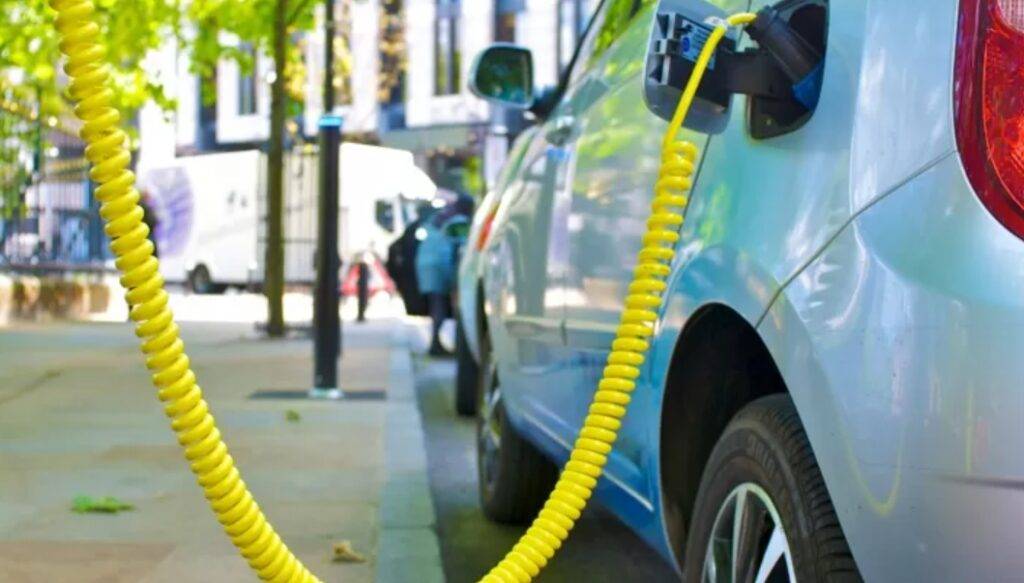
Repsol pointed out that one of the advantages of developing synthetic fuels for automobiles is that “these renewable fuels can be used in current vehicles without the need to make any modifications to the engines or to the existing distribution and refueling infrastructures, thus making it possible to accelerate the reduction of emissions from cars already on the road without having to wait for a fleet renewal to use other energies such as electricity or hydrogen”.
And as for the specific criticisms about inefficiency, Repsol pointed out that “when it is said that the use of electricity directly to move vehicles is more efficient, some extremely relevant considerations are left out.”
“First of all, to supply renewable electricity to a vehicle, the production of the electricity and the supply must take place at the same instant in time and it is not always possible to guarantee that the vehicle is connected to the grid at the right time.”
“Secondly, if battery-powered vehicles are required to have a long range for long journeys, it is necessary to mount large-capacity batteries that add a lot of mass to the vehicle. This greater mass results in higher electricity consumption for travel, penalizing efficiency.
“In the case of synthetic fuels, the greater mass of fuel to travel more kilometers is insignificant and does not penalize the efficiency of the vehicle.”
Are synthetic fuels an answer for aviation?
“In the only case in which we see potential for synthetic fuels is in airplanes, because if we really want to decarbonize, there is no viable alternative to burning kerosene,” says Calvo Ambel.
Could the production of biofuels be increased instead of synthetic fuels to decarbonise aviation?
Biofuels, obtained from plant biomass, do not offer a viable solution and do offer many risks, according to the “Transport and Environment” expert.
“In Europe every day the equivalent of 15 million loaves of bread is burned in cars while we meanwhile have a global food crisis.”
“If you produce biofuels from soybeans or from palm oil or sunflower oil, all of that requires a very significant amount of land,” he added.
“And as we know, that generally causes deforestation in the Amazon or in Southeast Asia for the production of palm oil. In the end, the remedy is worse than the disease.”
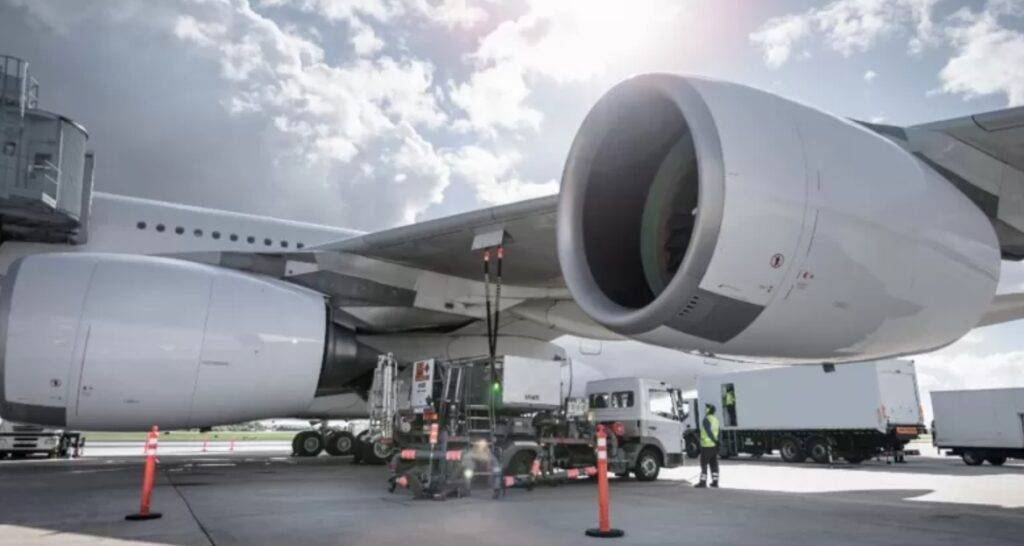
As for cooking oil used as jet fuel, Calvo Ambel believes that is not a viable option either.
“All the cooking oil used in the United States would not reach 1% of the demand for kerosene in that country.”
Transport and Environment promotes that by 2030 the airlines “are obliged to have a percentage, although small, around one percent, of synthetic fuel, so that it begins little by little to evolve to where we have to go. Because what we cannot do is continue using kerosene all his life,” said Calvo Ambel.
Can the production of synthetic fuels be scaled?
The experts consulted by BBC Mundo agree that it is technically possible to increase the production of synthetic fuels.
But the biggest challenge is that increasing that production will require large amounts of renewable electricity.
“Europe knows that if we wanted, for example, to move all the planes with this fuel, only those that leave Europe, we would have to import it from abroad because you need many windmills, many solar panels,” said Calvo Ambel.
“For example, the German government recently made an agreement with the Chilean government to collaborate in that space, but everything is at a very early stage.”
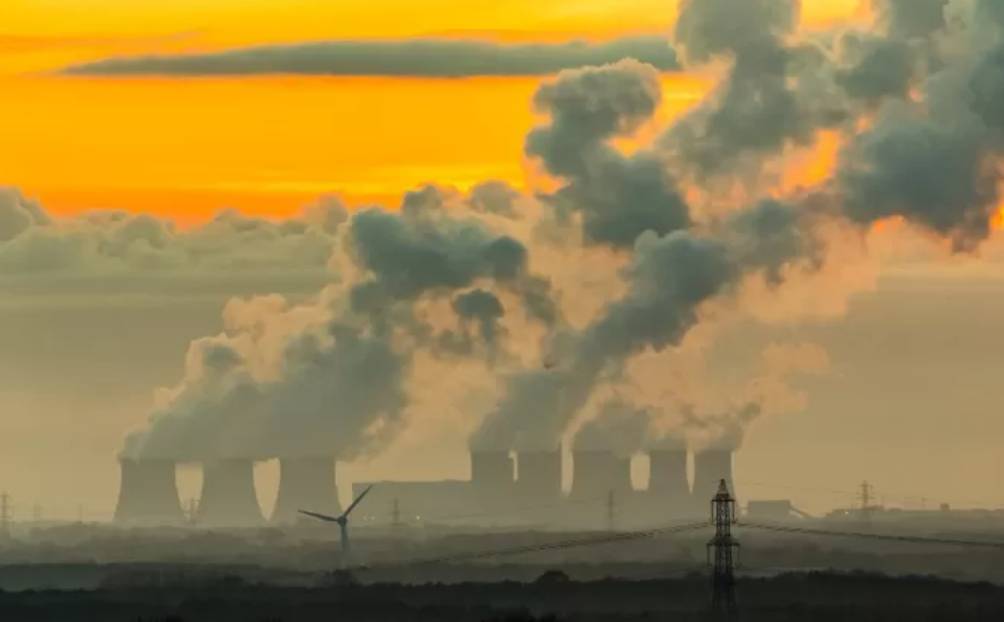
Professor Nilay Shah points out that increasing the production of synthetic fuels to meet the demands of global aviation poses many challenges.
Shah cites, among those challenges:
- optimize the chemistry so that most of the input material (CO2 and hydrogen) is converted into fuel according to the required specifications (without producing gases or other secondary products at the same time)
- install sufficient renewable energy capacity
- install enough electrolysis capacity for hydrogen production
- access a sustainable source of CO2 (eg direct capture from the air).
By integrating these elements, the current cost of synthetic fuel is still higher than that of fossil fuels, but is expected to come down over time, Shah said.
The Imperial College expert points out that “we need to reduce emissions in all sectors.”
“Some sectors remain very difficult, such as aviation and marine propulsion due to the need for energy-dense fuels.”
“Therefore, synthetic fuels are likely to be critical to meeting the energy demand of this sector for the foreseeable future.”

 Exploring the Enigma of ‘Blue Zones’: Global Hotspots for Longevity
Exploring the Enigma of ‘Blue Zones’: Global Hotspots for Longevity  Ethical Considerations in the Development of Future AI Assistants: Insights from Researchers
Ethical Considerations in the Development of Future AI Assistants: Insights from Researchers  AI Revolutionizes Agriculture: Robotics and Lasers Join Forces to Tackle Weeds Across Farmlands
AI Revolutionizes Agriculture: Robotics and Lasers Join Forces to Tackle Weeds Across Farmlands  AI Unveils Groundbreaking Antibiotic Effective Against Superbugs
AI Unveils Groundbreaking Antibiotic Effective Against Superbugs 
